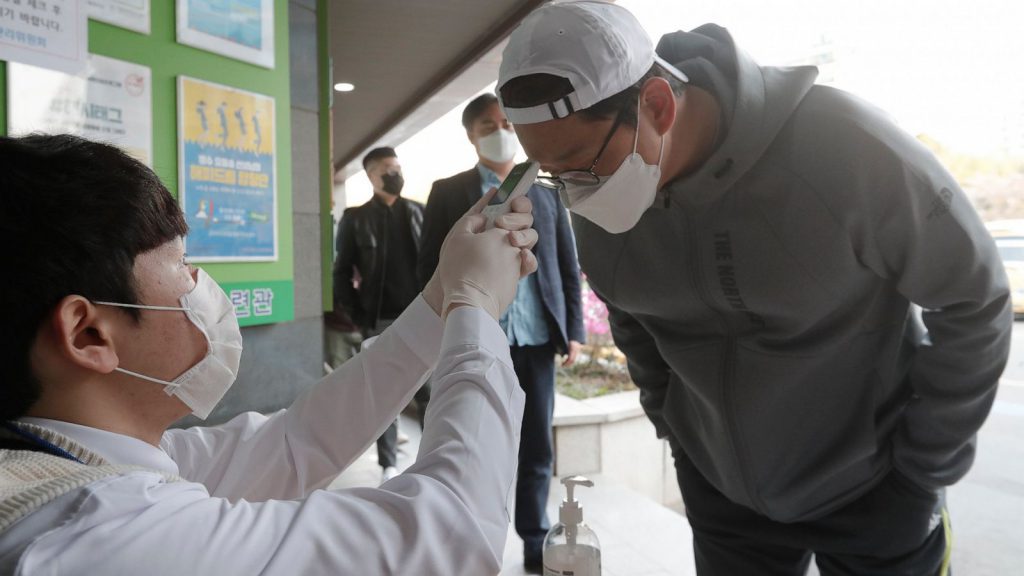According to the law, the General Election (GE) must be held before April 14 next year, which means that the Parliament will have to be dissolved latest by January.
Under election rules, the GE must be held within three months after the dissolution of Parliament.
It is very likely that it will happen as early as July since plans for GE has been pushed back due to COVID-19 when it was initially expected to take place in April or May.
The Elections Department (ELD) announced yesterday (June 8) a slew of safety measures to ensure a safe Polling Day:
1. Temperature Screening At Polling Stations

All voters will have their temperatures taken at the start of the queue at polling stations. The ELD said it will make a decision further down the line on whether voters found to have a fever or respiratory symptoms will be allowed to vote.
2. Voting Windows
Each voter will be allocated a two-hour window to spread out voters across the polling hours. Voters are encouraged to go cast their votes during this window, which will be indicated on their hard copy polling card and also e-Poll card on the SingPass mobile app.
Elderly voters aged 65 and above will be given two-hour windows from 8am to 12pm and may be accompanied by a household member. Senior voters who are unable to vote during their allotted time slots in the morning can join priority queues to do so at other times of the day.
Voters should not bring non-voters, like their children, to polling stations.
3. E-Registration
Once inside the polling station, voters will be asked to use e-Registration, which will entail scanning their identity cards for registration so they do not have to hand their cards to election officials.
The voting process will take no longer than five minutes with the e-registration system.
The e-Registration system will also double up as contact tracing, as it records the registration time of voters.
4. Bring Your Own Pen
While cleaners will regularly clean common touch points, including booths and self-inking “X” pens used for voting, voters can also bring their own pens to mark their ballot papers.
5. Protective Gear
All voters are required to wear a mask. The only time voters will be allowed to remove their mask is when election officials have to verify their identity by checking their face against the picture on their NRIC.
Voters will also be asked to sanitise their hands and put on disposable gloves before they are handed their ballot papers. The gloves should be thrown away after voting.
6. Safe Distancing At Polling Stations
The number of polling stations has been increased from 880 to 1,100. This will reduce the number of voters per station from 3,000 to 2,400.
When waiting to enter the polling stations and to vote, voters will have to queue at least 1m apart. Election officials will also have to keep a safe distance of at least 1m apart.
7. Check For Queues
Voters can check the queue status at their polling stations at VoteQ.gowhere.gov.sg, and are encouraged to vote only during their allocated windows.
8. If You Are Sick, Under Quarantine Or Serving Stay-Home Notice
Do not go and vote if you are ill. After the election, such voters can apply to be restored to the register of electors without penalty.
If you are on stay-home notice (SHN) at a designated facility, you will be able to vote at special polling stations away from other voters.
However, if you are serving quarantine or SHN at home, or have medical certificate for acute respiratory symptoms, the ELD will consult the Health Ministry to assess the risks of allowing these voters to cast their ballots when the Writ of Election is issued, and announce its decision then.
Featured Image Credit: Niyazz/ Shutterstock